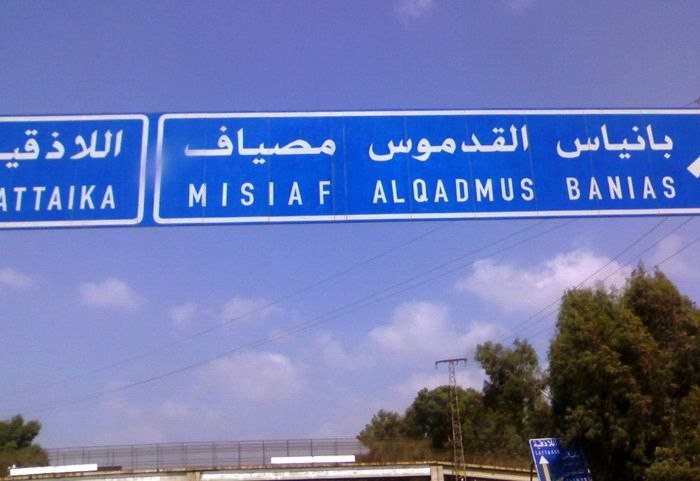On Sunday, a car loaded with narcotic substances exploded on the Homs-Tartus road — which is under the control of the Syrian regime — killing one person.
According to local sources, a pickup truck loaded with a large amount of cannabis exploded near the Zarah Bridge on the Homs-Tartous road, resulting in the death of one person and the arrest of another who was in the same car.
The sources indicated that the amount of drugs seized from the car was three million Captagon pills and two tons of hashish.
Syria’s drug trade has flourished through people with ties to Bashar al-Assad’s family, amid a growing number of Captagon shipments originating in Lattakia seized in Libyan, Italian, Greek, and Romanian ports.
Read Also: Jordanian Army Foils Captagon Smuggling Operation from Syria
Today, the Assad regime relies on drugs as a financial lifeline. Over the last ten years, it has become one of the world’s leading drug cartels.
Factories and smuggling routes
Syrian investigative reports indicate that at least 15 large factories produce Captagon, along with other industrial drugs, as part of operations that are under the control of the Syrian regime.
These factories are mainly located along the Damascus-Homs road and in other industrial areas. In addition, there are major production sites in Homs governorate, areas stretching along the Syrian-Lebanese border between Qusayr and Baalbek, and in the neglected Bassa area outside Lattakia.
Protection of the drug trade is distributed between the Fourth Division, Air Force Intelligence, Republican Guard, Military Intelligence Branch 215, local militias and private security companies (National Defense, Desert Hawks, Baath Brigades, and Al-Areen Brigades). Also involved are foreign armed groups such as the Iranian Revolutionary Guards, Hezbollah, and the Wagner Group.
Among the most prominent drug entrepreneurs in Syria are figures from the close circle of the regime’s head. The most notable figures are Maher al-Assad, Wassim Badie al-Assad, Muhammad Shalish, and Samer al-Assad.
This article was translated and edited by The Syrian Observer. The Syrian Observer has not verified the content of this story. Responsibility for the information and views set out in this article lies entirely with the author.


